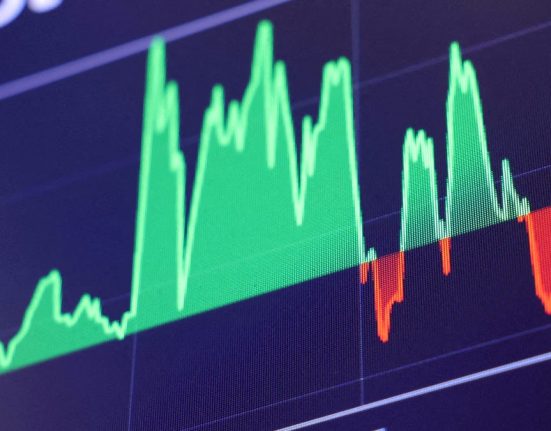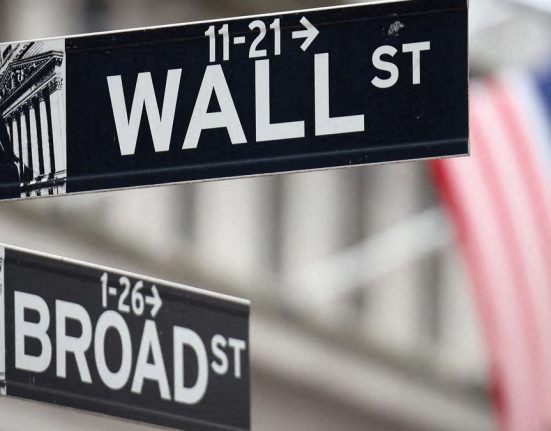Nvidia (NASDAQ: NVDA) released earnings today, and the market largely shrugged at the results. Shares ended the day flat, falling by a couple of percentage points after hours.
When you look at the top-line numbers, everything appears positive. The company beat analyst expectations for revenue by around $500 million, with sales growing by 56% year over year. But when you dig into the forecast for upcoming quarters, the situation turns more gloomy. That has investors wondering how they should digest another big piece of news released today: A record-breaking $60 billion share buyback program.
Should you be excited about Nvidia’s massive share repurchase plan? You might be surprised by the answer.
Let’s talk about why companies conduct share repurchases in the first place. In theory, companies understand their specific markets and situations better than outsiders. Therefore, executives can sometimes tell when the intrinsic value of their business is above the current market price for their stock. By repurchasing stock, the company is essentially investing in itself, buying back shares for less than the company believes they should be worth.
Given this, share repurchases should often create extra value for investors. After all, the company is buying an asset for less than it’s worth — a wise investment strategy that nearly every investor tries to employ. In practice, however, share buybacks can also destroy shareholder value, because they are sometimes done for purposes other than value creation.
Many businesses — especially technology companies like Nvidia — give their workforce stock options to incentivize creating value for the company. These stock options typically require selling more stock, diluting shareholders along the way. Many companies create share buyback programs not because their stock prices are cheap, but to compensate for these share sales.
Other times, companies employ share buybacks simply because they have nowhere left to invest their capital. Companies with huge cash flows but limited growth opportunities can get stuck in this trap, buying back stock at high prices despite relatively low value in doing so.
Which is the case for Nvidia, then? It’s worth noting that Nvidia has already been purchasing stock worth tens of billions of dollars.







